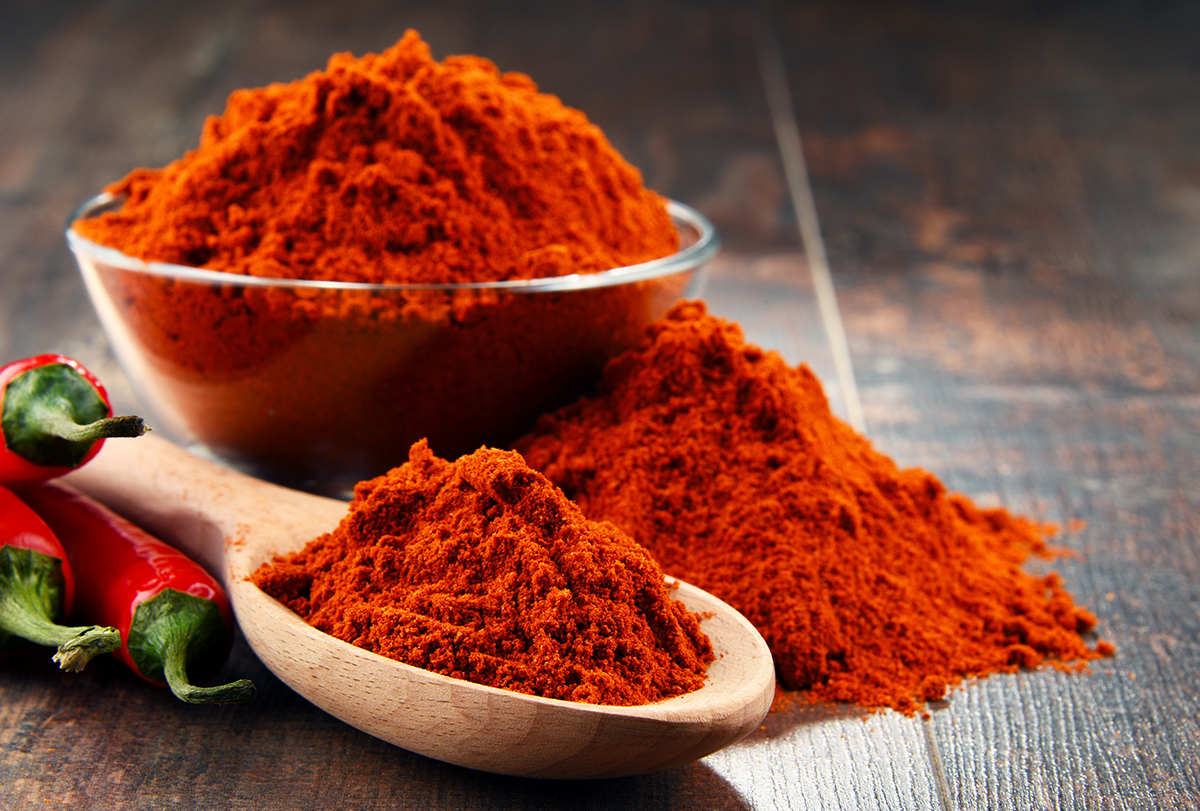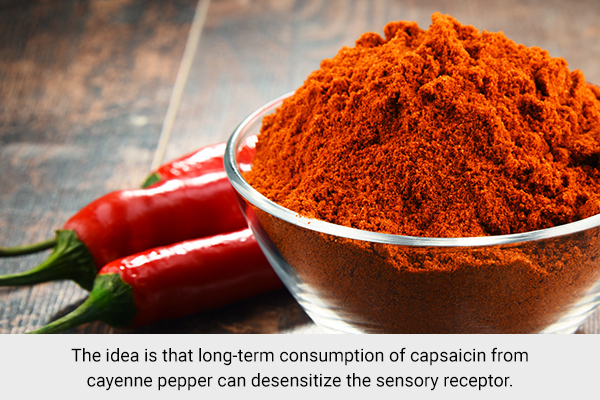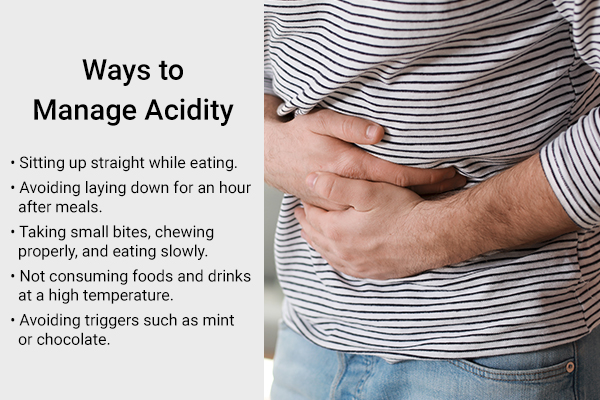In this article:
Cayenne pepper is a medium-hot spice that adds a lot of flavor to your dishes. It is obtained from peppers of the capsicum family.

Spicy foods containing chili pepper are generally considered triggers for acidity or heartburn. This is because the bioactive compound in chili called capsaicin can irritate the lining of the food pipe and cause inflammation and heartburn. (1)
Cayenne pepper is no different. Studies have reported that its consumption can trigger acidity in people with reflux disorders and healthy individuals if they are not used to eating it. (2)
How Cayenne Pepper Causes Acidity
As mentioned earlier, the capsaicin in cayenne pepper as well as other kinds of chili can affect acid in the stomach.
Capsaicin has the ability to activate the TRPV1 receptor in the stomach, which is a sensory modulator. This activation can produce a burning sensation and pain in the abdomen and chest. (3)
In a study of people with reflux disease, where the food pipe hasn’t been harmed by stomach acid, delayed emptying of the stomach after a meal rich in chili and more refluxes in the second hour after the meal was observed. (3)
In another study, capsaicin also decreased peristalsis, which is the movement that pushes food down through the food pipe. It also increased the feeling of heartburn in patients with reflux disease. (4)
So, a meal that contains cayenne pepper is likely to stay in your stomach for a longer time, increasing the chances of stomach acids traveling back through the food pipe and causing acidity and heartburn.
Cayenne Pepper to Treat Acidity – An Interesting Alternative

An interesting element of all the studies discussed in this article was how capsaicin can also relieve acidity with long-term consumption.
In one study, it was observed that there was less occurrence of reflux disorder in Asia due to the people’s high daily consumption of spicy foods. (5)
The idea is that long-term consumption of capsaicin from cayenne pepper can desensitize the sensory receptor. This desensitized receptor will then reduce the ability of the stomach lining to feel pain or a burning sensation. (6)
For this reason, some doctors suggest taking a spoonful of chili sauce when you feel heartburn. However, this may not be effective for those who are not used to consuming chili in their daily diets.
How to Take Cayenne Pepper to Reduce Acidity
The easiest way to take cayenne pepper to relieve acidity by desensitizing the receptors in your stomach is to slowly increase it in your diet. If you are someone who is not used to consuming spicy food, start by including 1 teaspoon of cayenne pepper in your daily meals.
After a week, you can up the dosage to 2 teaspoons to build tolerance and relieve your symptoms of acidity.
Precautions to Consider

Acidity and heartburn are painful conditions that can cause great discomfort. Other ways to manage acidity include lifestyle factors, such as:
- Sitting up straight while eating
- Avoiding laying down for an hour after meals
- Taking small bites, chewing properly, and eating slowly
- Not consuming foods and drinks at a high temperature
- Avoiding triggers such as mint or chocolate
In most people, spicy foods can act as a great trigger, and building up tolerance to it may not be worth it in the face of other management techniques.
Practical Takeaways
- Cayenne pepper contains capsaicin, which activates sensory receptors to cause pain and a burning sensation.
- Consuming cayenne pepper can cause acidity and heartburn in people with reflux disorders and healthy individuals who are not used to consuming it.
- Long-term consumption of chili has been found to not aggravate acidity due to desensitization of receptors.
- Other management methods for acidity may be better alternatives rather than building up a tolerance to spicy foods.
- Was this article helpful?
- YES, THANKS!NOT REALLY


